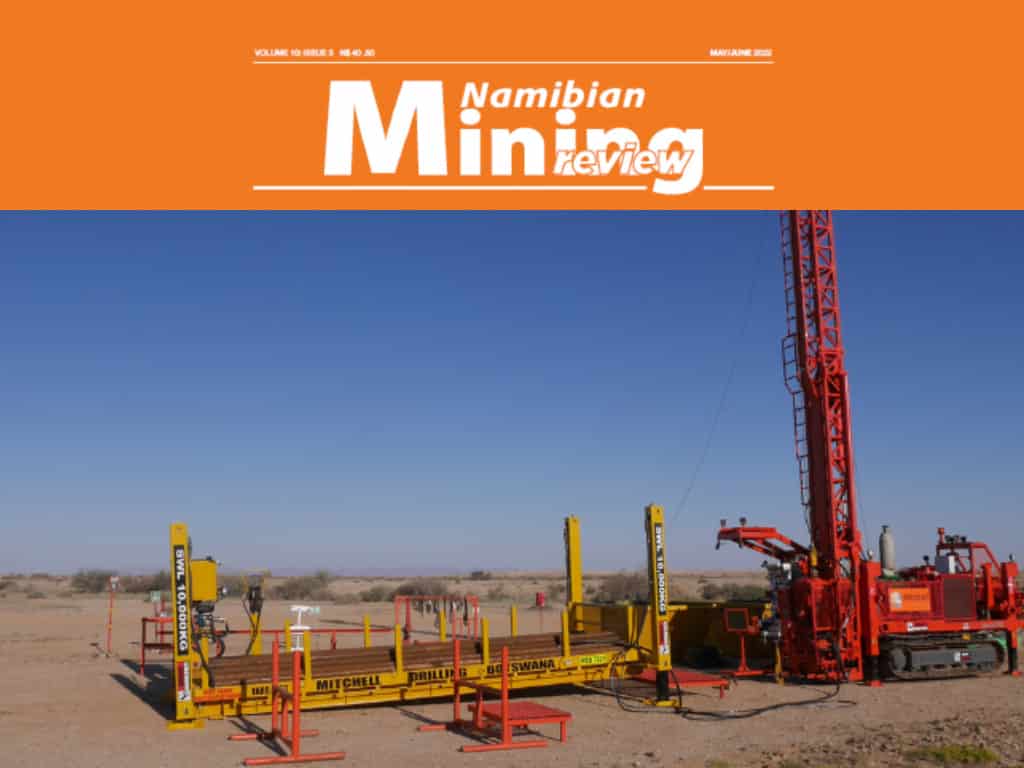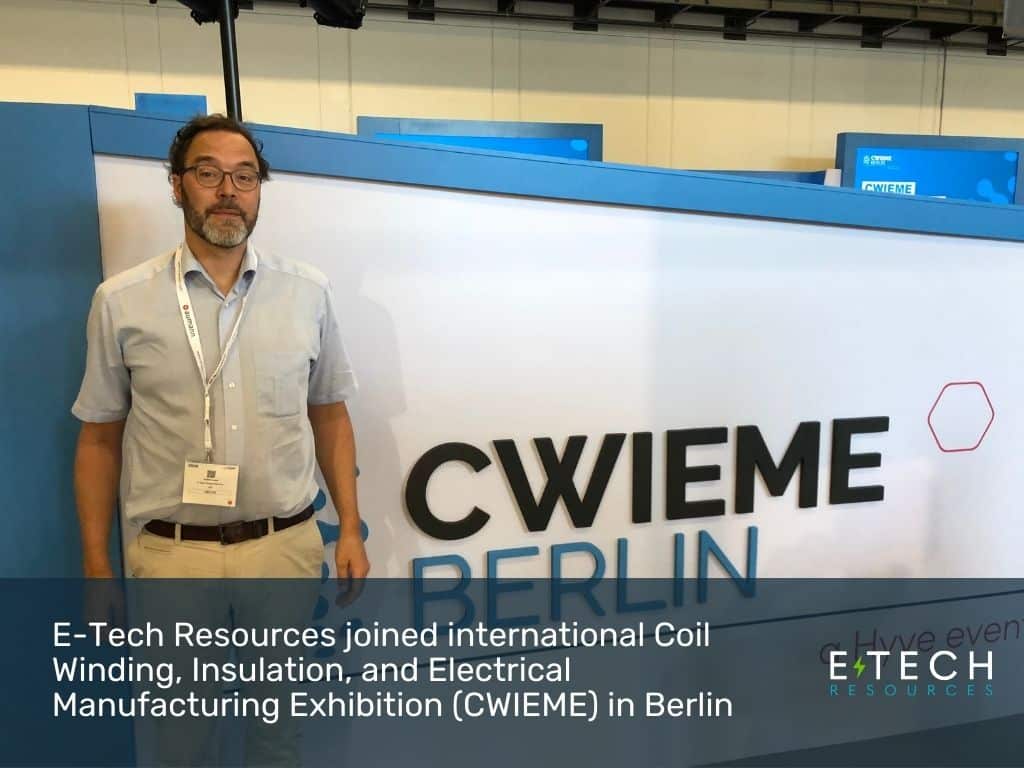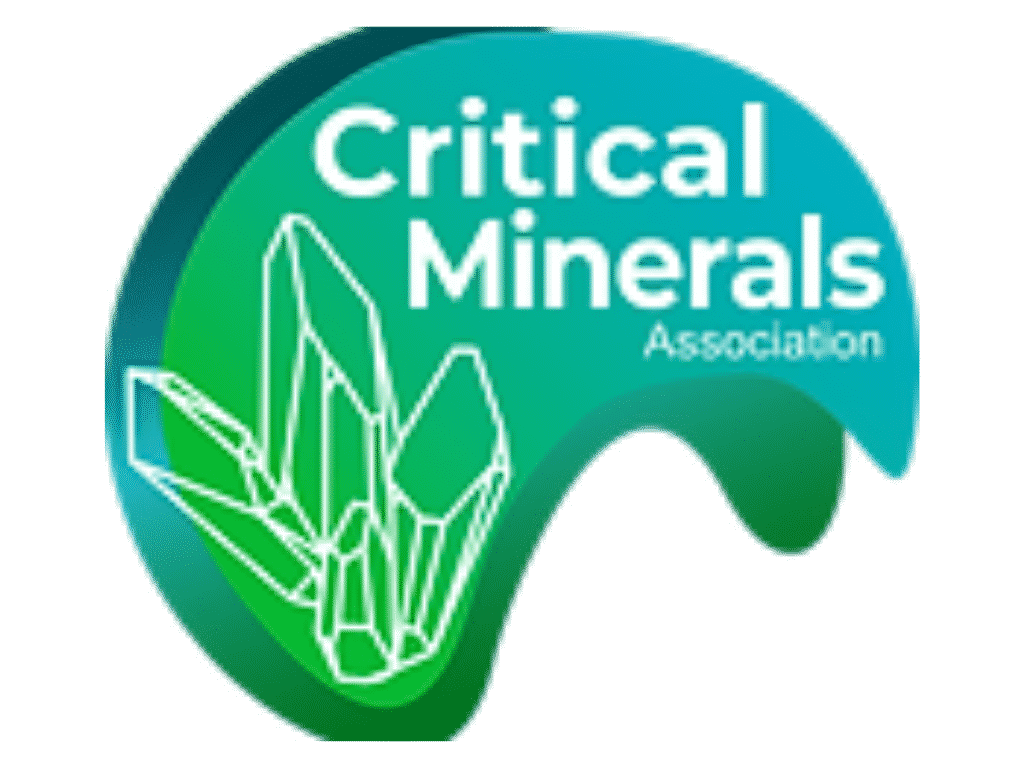E-Tech Resources attended the 17th International Rare Earth Element (REE) conference in London, UK, hosted by Metal Events.
This international event is usually held in SE Asia (Hong Kong, Singapore, or Kuala Lumpur) and is successful in attracting important REE players from Asia to attend alongside the worldwide REE industry. However, due to the tentative reawakening post Covid-19 it was decided to hold this year’s conference in London. Thankfully, the event still attracted higher management from several major REE companies to attend in-person including Lynas, MP Materials, Neo Performance Materials, Less Common Metals, and REE developers including Mkango Resources, Pensana, Energy Fuels, Hastings, and USA Rare Earths.
It was the first time in nearly 2 years for industry representatives, experts and industry commentators to discuss face-to-face the current REE market conditions and the external factors influencing future supply, demand and the external factors influencing future supply and demand.. It was also a great opportunity to make the industry aware of the emergence of E-Tech Resources’ Eureka project.
A summary of the main takeaways from the event are outlined below:
Roskill/WoodMackenzie points out that global decarbonisation and the green energy transition are the primary driving forces behind the growing importance of REEs. Neodymium, praseodymium, and to a lesser extent, dysprosium and terbium are used in NdFeB permanent magnets, a key component in electric vehicle drivetrains and wind turbines. Unsurprisingly, future demand forecasts are positive, however this raises several challenges relating to sources of future supply and the extent of which forecasted future demand volumes can be met.
Constantine Karayannopoulos, CEO of Neo Performance Materials, identified the potential for tight supply availability and increasing prices to accelerate substitution and thrifting of REEs in key applications. Paraphrasing a quote from the movie Jaws, “we’re going to need a bigger boat”, he highlighted the requirement for significant additional supply to be commissioned to avoid demand destruction. In other words – more REE mines are needed.
Encouragingly, it was stated on more than one occasion that monazite-derived REE sources present an opportunity for supply growth in the future, not only because there are potentially significant sources of material globally (from heavy mineral sands), but also as monazite typically offers attractive Nd-Pr contents compared to other major REE ore minerals. This was supported by Energy Fuels’ President and CEO, Mark Chalmers, as he outlined that the corporation have already embarked on processing heavy mineral sand derived monazite at their White Mesa Mill in Utah. However, processing mineral sand derived monazite requires the storage of sizeable quantities of thorium – luckily, they are a uranium producer with containment protocols in place. It could be argued that monazite sources with much lower thorium content would be a game changer.
Permanent magnet recycling was another key topic at the conference i.e., how one efficiently wins back NdPr at end-of-life of a computer drive, speaker, electric car motor, or a wind turbine generator. Ideally, end use products would be recycled and reprocessed to extend the effective life of raw materials. However, there are challenges with component design, disassembly, efficient recoveries of target REEs (notably NdPr), and recycling flowsheets highlighting the need for collaboration across the supply chain. Recycling cannot be a fully virtuous cycle, but the efficiencies it could provide certainly helps support a more circular economy, alongside responsible primary sources of raw material, i.e., from ESG compliant mining.
Environment, Social & Governance (ESG) was front and center at the conference. As Roskill points out, the global energy transition has increased public awareness of supply chain ESG factors, with the REE industry being no exception to this trend.





